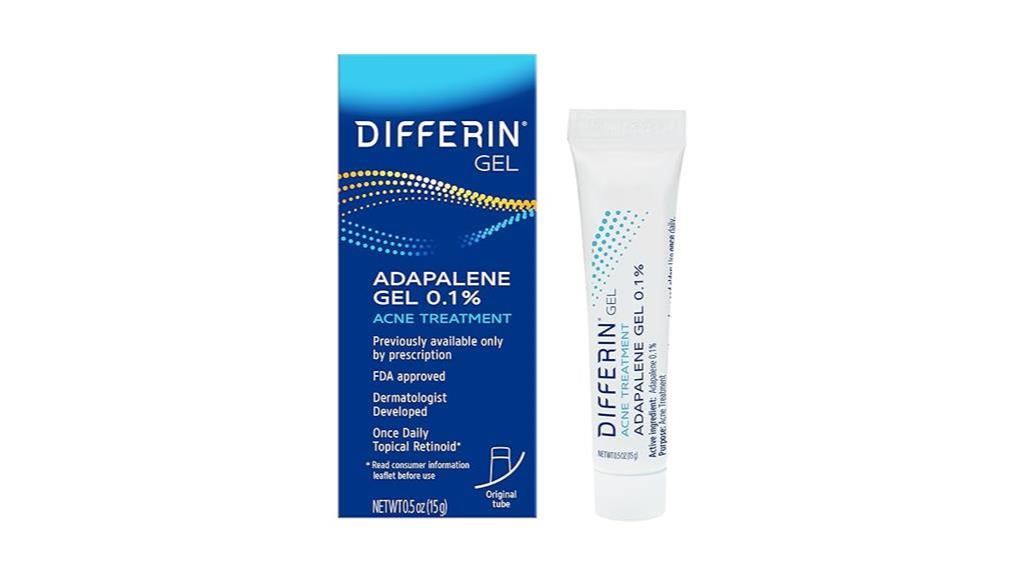
Differin Acne Treatment Gel Review: Does It Work?
Harness the power of Differin Acne Treatment Gel for transformative skincare results – discover why users are raving about this effective solution.

Here’s what you must know to pick the
best acne treatment in 2024 🏆

Harness the power of Differin Acne Treatment Gel for transformative skincare results – discover why users are raving about this effective solution.
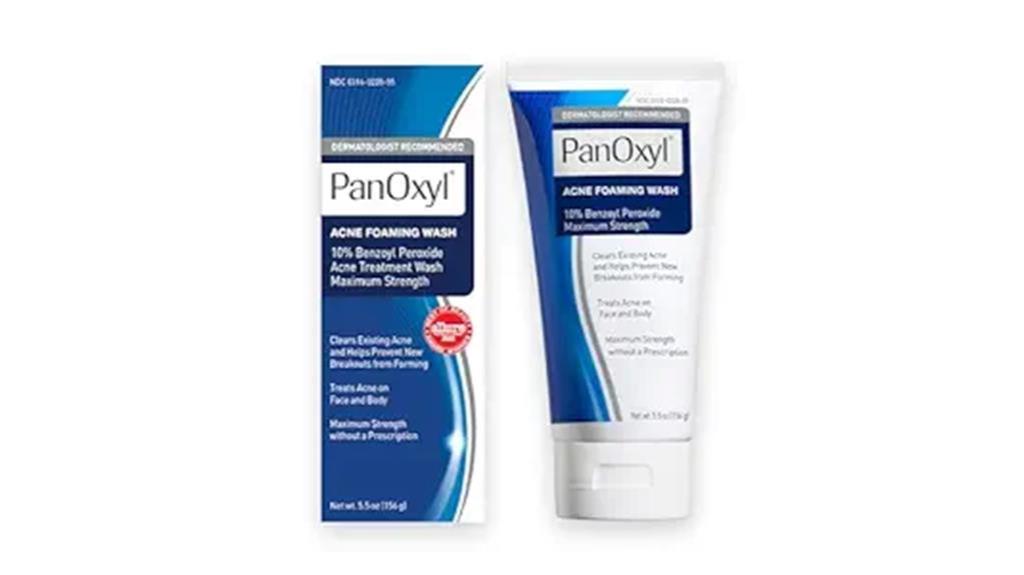
With 10% Benzoyl peroxide, PanOxyl Acne Foaming Wash is potent for oily skin, but what makes it stand out? Keep reading to find out!
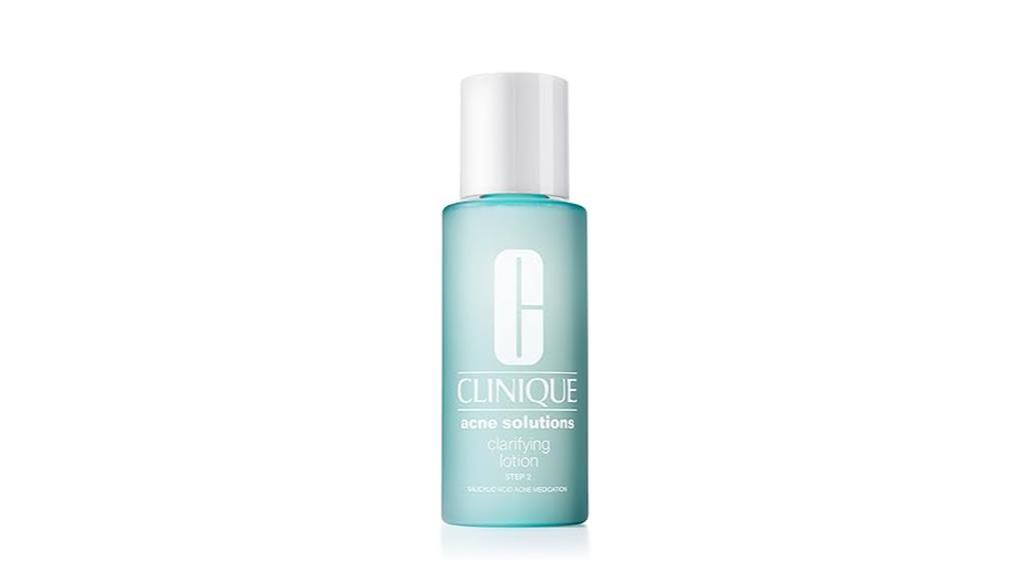
Need a solution for oily skin and acne? This review discusses Clinique Acne Solutions Clarifying Lotion, its effectiveness and potential side-effects.
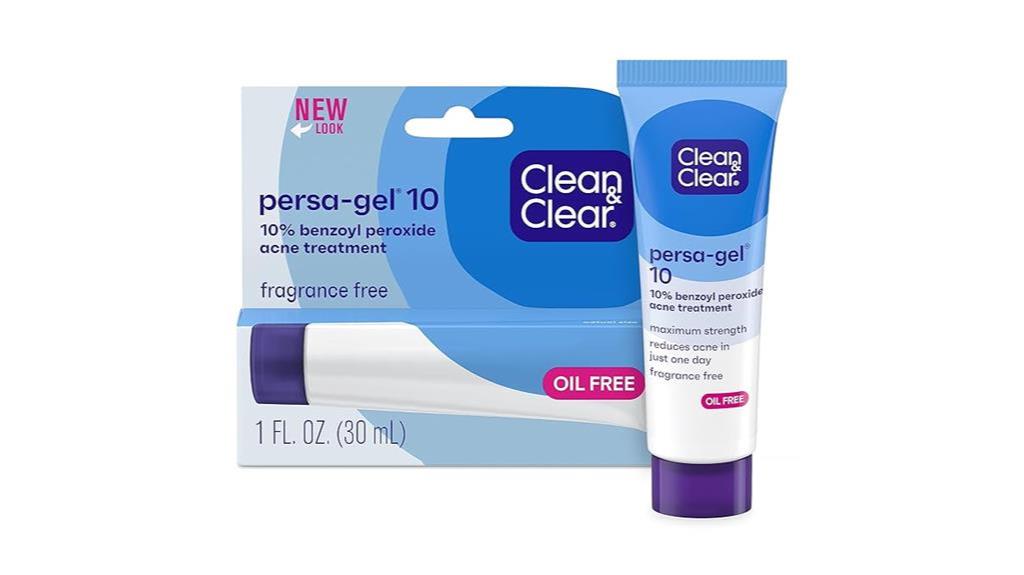
Seeking a swift solution for acne? Discover how Clean & Clear Persa-Gel 10 works overnight to combat blemishes, but there's more to uncover.
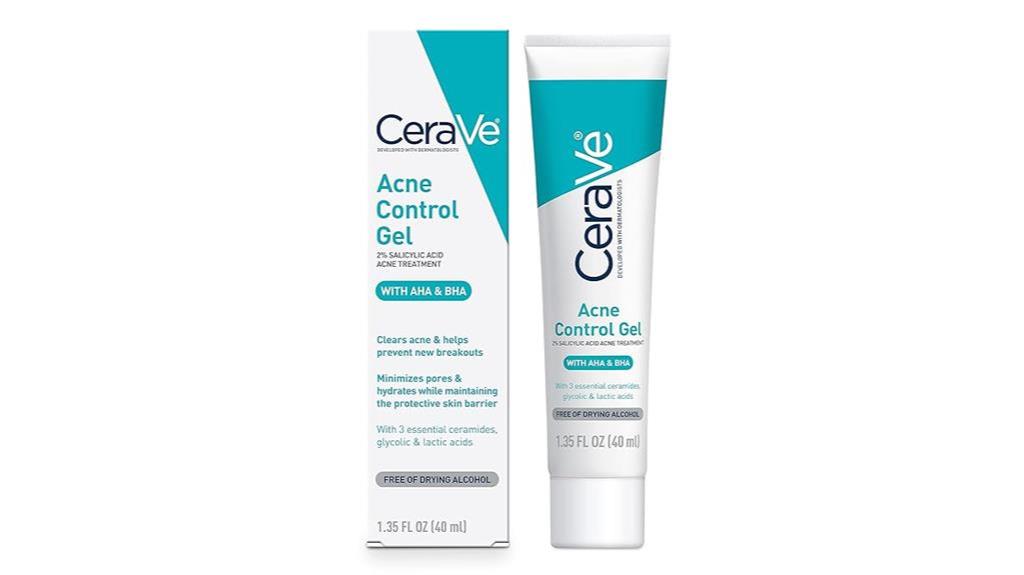
Tackle acne with the CeraVe Acne Treatment Gel, a game-changer for clearer skin – find out why users are raving about its results!
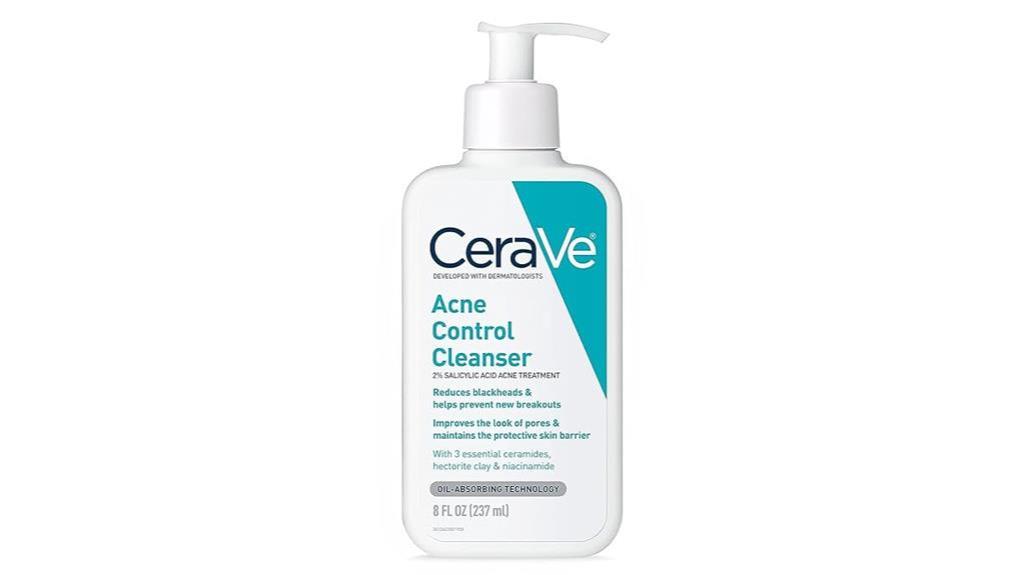
Harness the power of CeraVe Face Wash for acne treatment and blackhead removal, revealing clearer skin with minimized pores – the ultimate solution for troubled skin.
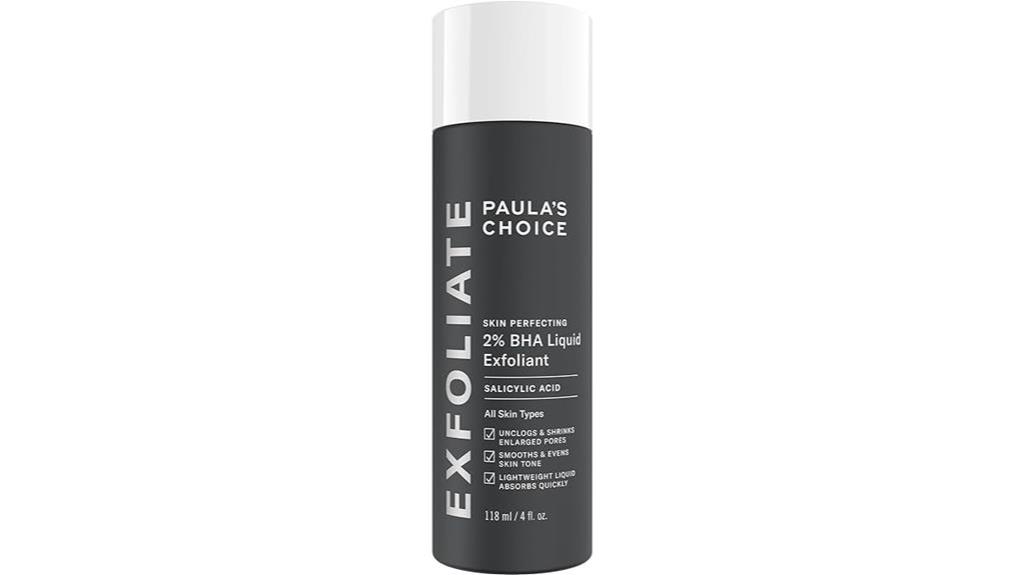
Journey through this detailed review of Paula's Choice BHA Liquid Exfoliant, and discover how it may revolutionize your skincare routine.
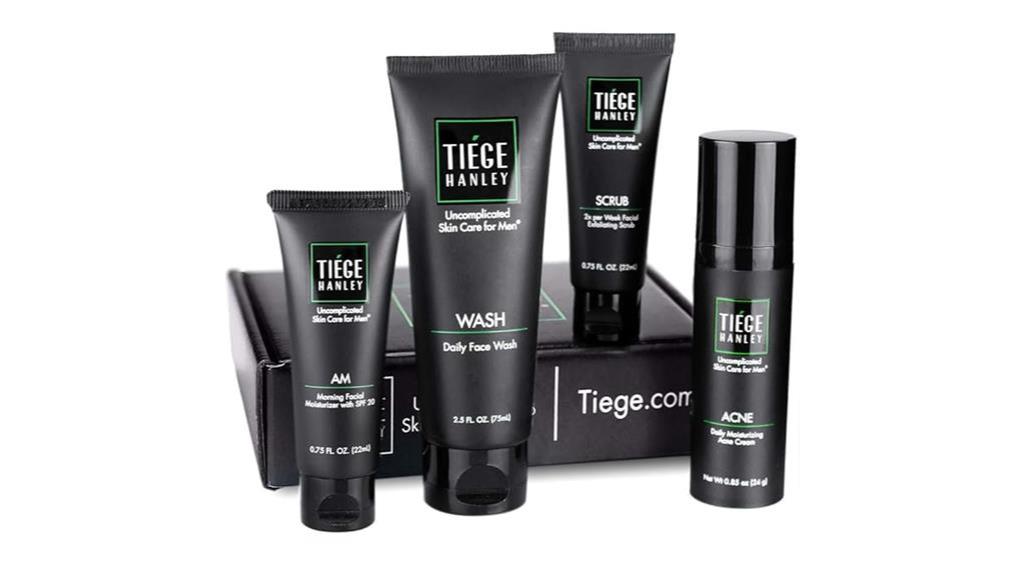
Simplify your acne routine with the Tiege Hanley Acne System—discover why users are raving about its effectiveness and visible results.
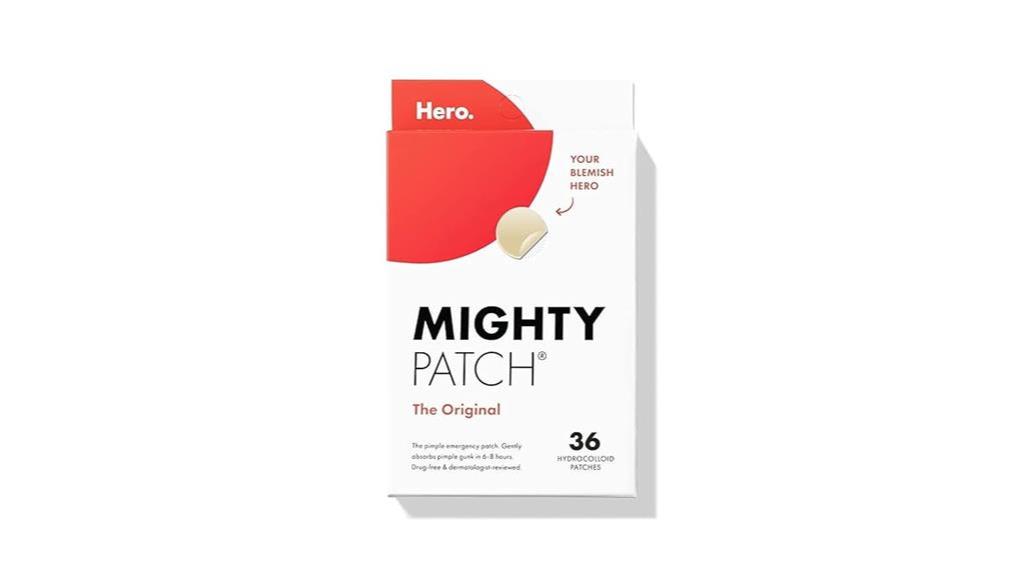
Journey into clearer skin with Mighty Patch™ Original, the overnight pimple solution that works wonders while you sleep…
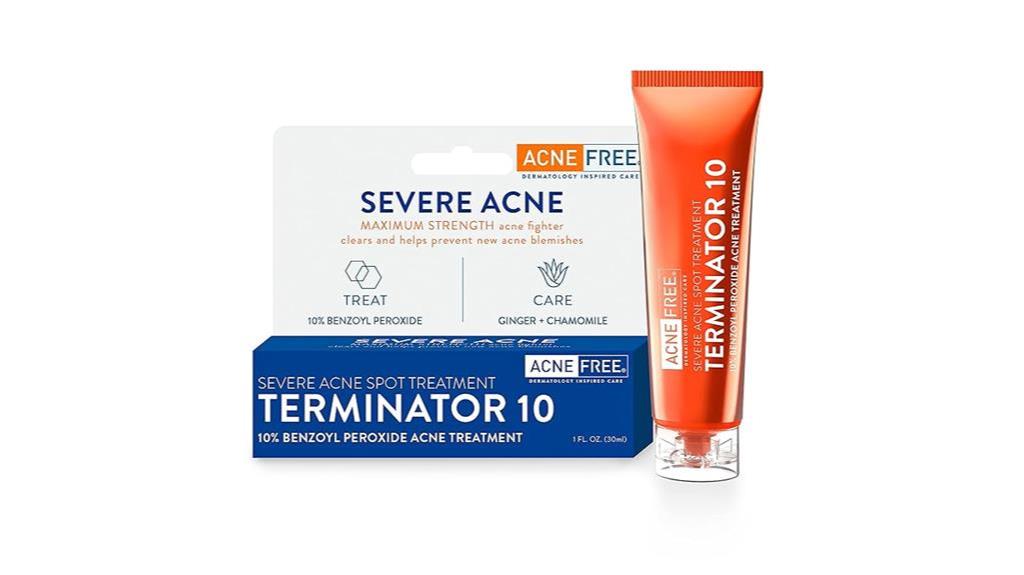
Leverage the power of AcneFree Terminator 10 for clear skin – find out how this spot treatment revolutionizes acne care.
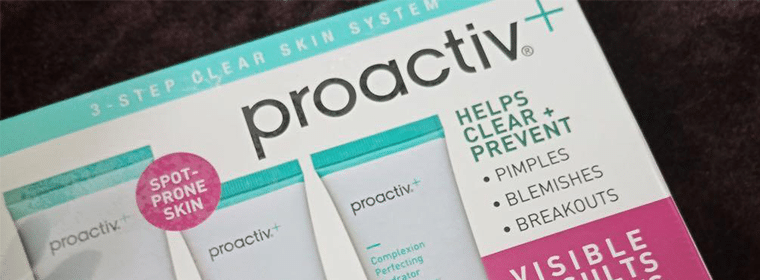
Proactiv® is a well-known, celebrity endorsed acne treatment skin care line, but it is NOT our top pick. This Proactiv review reveals why…